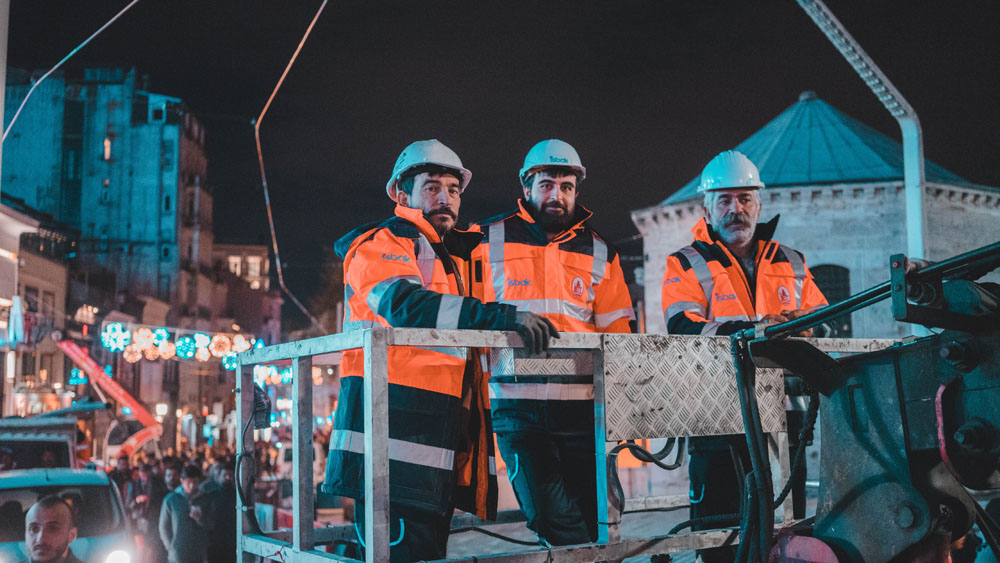Reduce Psychological Risk: Strengthen the Human Side of Safety
In high-pressure construction environments, psychological risk is often overlooked—yet it has a direct impact on focus, decision-making, and safety. Stress, burnout, and a lack of support undermine performance and increase the likelihood of errors. PepTalk identifies these invisible risks in real time and helps leaders take targeted action to protect team wellbeing and project outcomes.

Why It Matters
Psychological safety isn’t just about mental health—it’s about creating a site culture where people feel safe to speak up, flag risks, and support one another. When workers feel heard and respected, they engage more fully, take fewer risks, and contribute to a stronger, safer team dynamic.
Impact If Ignored
Unchecked stress and burnout lead to disengagement, absenteeism, safety lapses, and higher turnover. When workers don’t feel safe to speak up, issues go unreported until they escalate—costing time, money, and lives.

What PepTalk Delivers

Daily and monthly feedback highlights stress, fatigue, and psychological pressure points before they become performance risks.

PepTalk’s customizable SpotChecks uncover site-specific psychological stressors like poor recognition, unclear communication, or leadership disconnect.

Action Packs and TeamTalks provide tools and talking points to reduce stigma, open conversations, and support struggling teams.

.jpg)
.png)

.png)